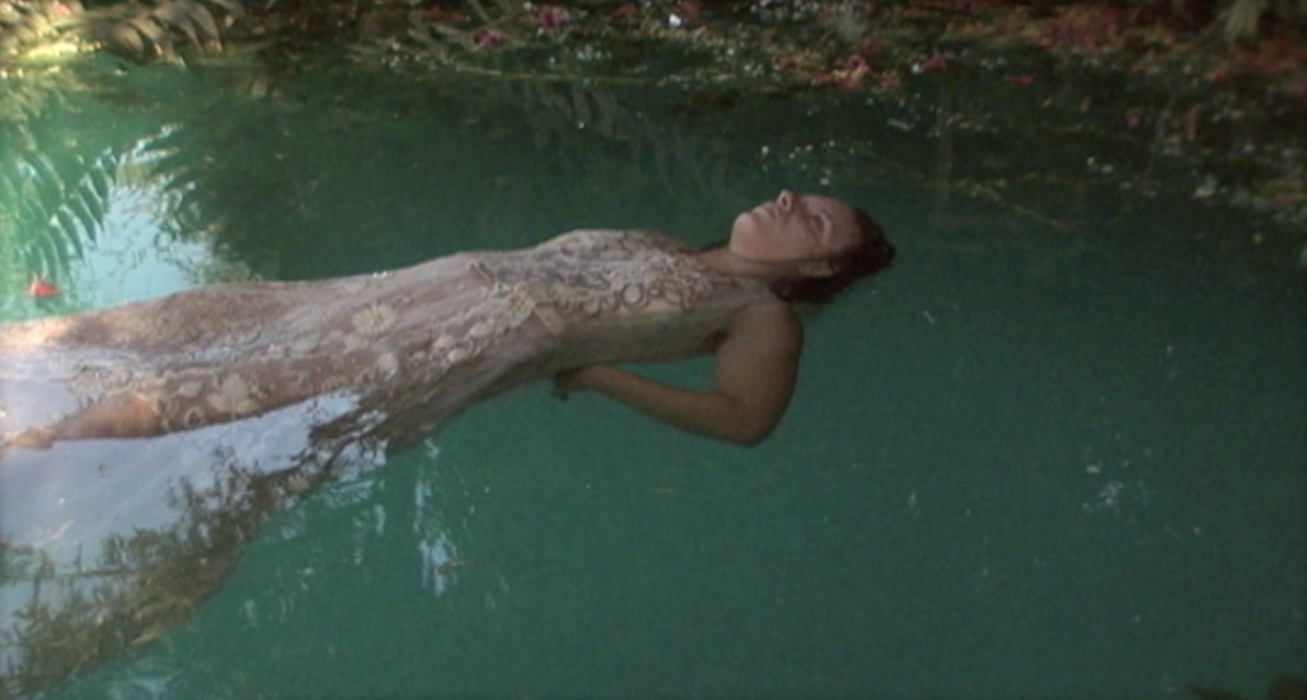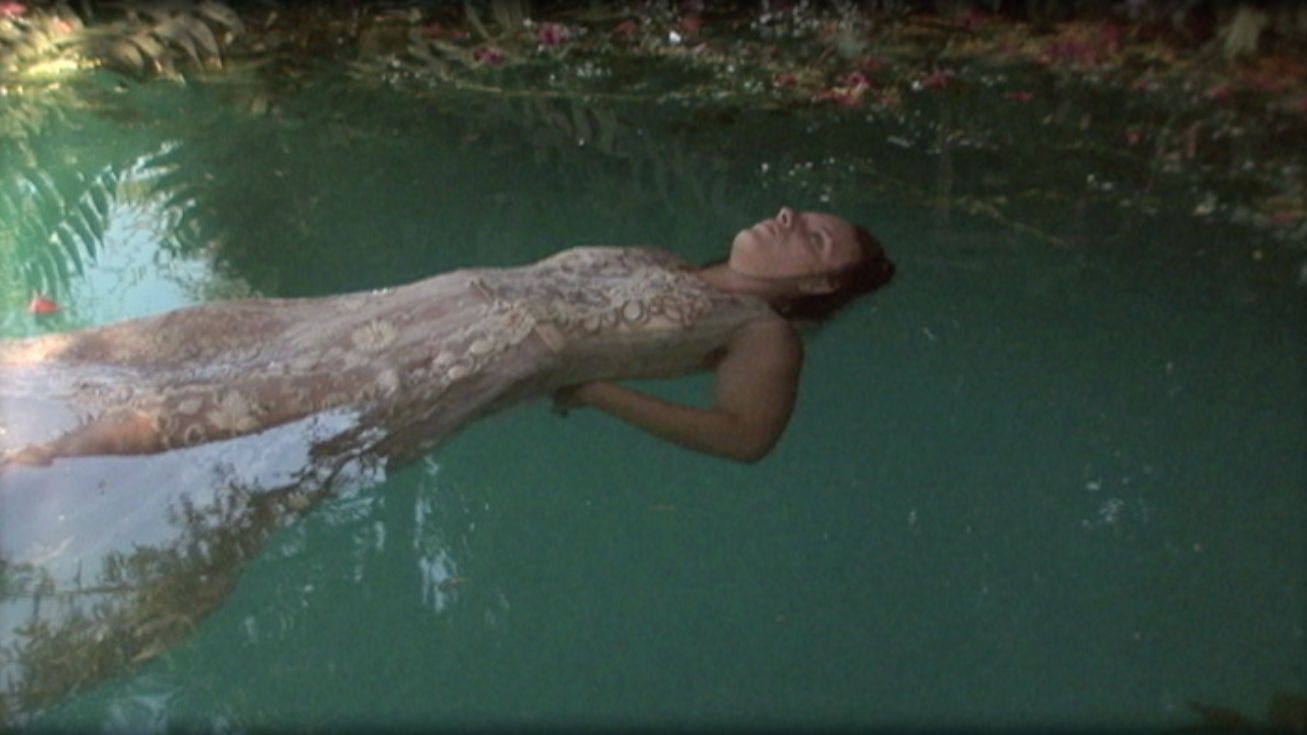Institute of the Arts & Sciences Announces Winter Exhibitions
Mia Eve Rollow & Caleb Duarte: EDELO and Levester Williams: Our Bedrock Exhibition Dates January 31 - April 6, 2025Opening Reception Friday...



Digital Arts Research Center (DARC) 108
Thursday, October 4
7-9 p.m.
This talk is FREE and open to the public. Parking ($5) is available in the Performing Arts Lot. Pay at onsite kiosk.
In this talk, Macarena Gómez-Barris will consider how extractive corporate and state projects expand coloniality upon Indigenous territories in the Americas. The forest is a particular site of material and representational evacuation and narratives of extinction. By analyzing cultural production, anti-extractive view points, Indigenous aesthetics, and social movements, the influential scholar will consider modes of thinking about archives, counter-visuality, resistance and recovery that work against the inevitability of the forest’s elimination. Specifically, Gómez-Barris addresses Eastern Ecuador and Southern Chile as territories where monocultural logics operate and where regenerative potential exists beyond the paradigm of no futures.
Macarena Gómez-Barris is Chairperson of the Department of Social Science and Cultural Studies and Director of the Global South Center at Pratt Institute. Macarena is author of three books, including The Extractive Zone: Social Ecologies and Decolonial Perspectives, that theorize social life, art, and decolonial praxis through five extractive scenes of ruinous capitalism impacting Indigenous territories (Duke University Press, 2017). Macarena is also the author of Beyond the Pink Tide: Art and Political Undercurrents in the Americas (2018), Where Memory Dwells: Culture and State Violence in Chile (2009), and co-editor with Herman Gray of Towards a Sociology of a Trace (2010). Macarena is working on a new book project called Sea Edges: Military Capitalism, Extinction, and Decolonial Futures. She writes and teaches on social and cultural theory, decolonial thought, racial and extractive capitalism, social movements, queer and submerged perspectives, critical Indigenous studies, experimental film, and social / environmental transformation. Macarena received a Fulbright Fellowship for her research in Ecuador.
This event is in conjunction with the exhibition Forest Law by Ursula Biemann and Paulo Tavares at the Mary Porter Sesnon Art Gallery.
Ursula Biemann and Paulo Tavares
Forest Law
Mary Porter Sesnon Art Gallery
October 3 – December 1, 2018
Opening: October 3, 5-7 p.m.
Extended remarks by art historian and theorist T.J. Demos at 6 p.m.
Forest Law, 2014, is a 38-minute video essay and book drawn from research carried out by Biemann and Tavares in the Ecuadorian Amazon. It considers the legal cases which plead for the rights of nature against the dramatic expansion of large-scale extraction activities in the region, including the trial won by the indigenous people of Sarayuku based on their cosmology of the living forest. The project creatively maps the historical, political, and ecological dimensions of these trials on behalf of the forest and the people who cultivate the forest, tracing the entanglements and frictions between the ethical and epistemic stakes these cases raise.